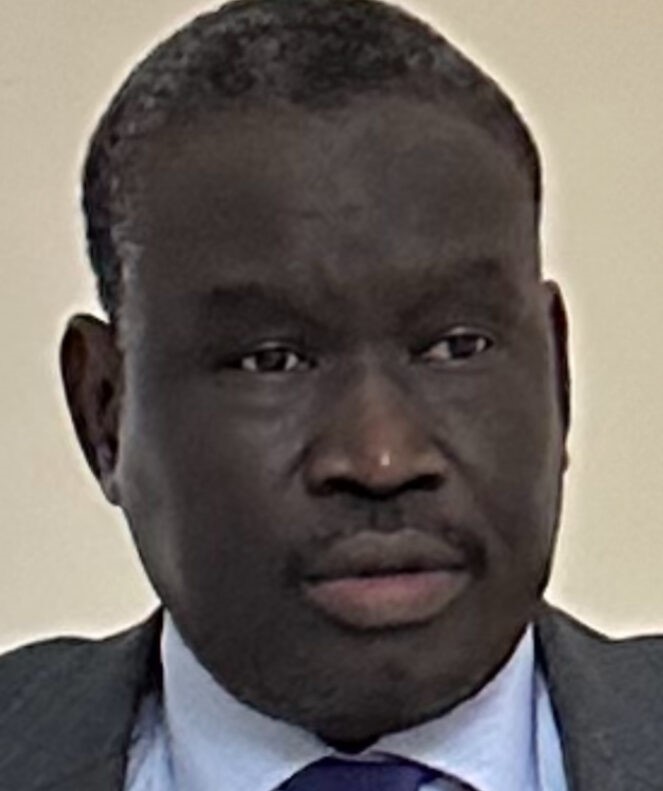In societies emerging from the ashes of war and fragmentation, primary identities often evolve from mere instruments of social cohesion into comprehensive structures that shape consciousness and define understanding, allegiance, and political positioning. In South Sudan, the tribe represents one of the most dominant of these structures. It has transcended its traditional role as a social unit to become, in practice, a political reference point that precedes and supersedes the state, giving rise to what can be described as a dysfunctional political mind.
The dysfunctional political mind is a mode of political reasoning marked by structural incapacity to produce sustainable solutions. It operates within a closed loop of emotional reaction, fear, historical recall, and dependence on narrow identities, rendering it incapable of transcending crises or formulating an inclusive national project.
What makes the tribe so dominant in the Southern context is not merely its historical presence, but its transformation into an existential foundation through which individuals define themselves, long before they define their relationship with the state or the national community. This deep conception of identity is not built on legitimate cultural diversity, but on a logic of insularity, where everything political is conditioned by the tribal, and national belonging is constantly tested against one’s primordial loyalty.
In the absence of a unifying national project that redefines belonging, political elites have inherited these traditional structures without critique or deconstruction. Instead of becoming a civic space where visions intersect and loyalties diversify under the rule of law, the state has been reduced to a fragile coalition of tribal chieftains distributing power based on appeasement rather than policy. As a result, ministerial posts and senior appointments are allocated not according to merit or strategic vision, but along lines dictated by tribal maps, clan interests, and at times, personal bargains.
Today’s political status quo in South Sudan is a manifestation of this very crisis. The transitional government—originally envisioned as a framework for reform and unity—has devolved into a mechanism for political survival and elite consolidation. Critical provisions of the 2018 peace agreement remain unimplemented or selectively applied. Security arrangements have stagnated; constitutional processes are stalled; and the extension of transitional timelines has become the norm rather than the exception. Leadership remains heavily concentrated in the hands of a few actors whose legitimacy rests more on military credentials and ethnic constituencies than on democratic accountability or institutional mandate. This stagnation is not accidental—it is symptomatic of a political system that lacks a functional center, and where no actor dares disrupt the delicate web of tribal bargains that underwrite the regime’s continuity. Instead of dismantling the structures that sustained wartime authoritarianism, the current government has adapted them into peacetime governance, maintaining the outward form of a state while reproducing the logic of factional power.
Paradoxically, many South Sudanese—including the educated and members of the elite— continue to view the tribe as a source of legitimacy, and stepping outside its bounds is seen as betrayal, even heresy. Political criticism is often reduced to personal or tribal grievances, and opposition is interpreted as rebellion rather than constructive revision. This breeds a reductive mindset that neither tolerates plurality nor accommodates dissent within a national framework.
Such a configuration strikes at the heart of state neutrality, crippling its ability to build independent institutions. Every institution—from security to justice to education—becomes subject to tribal balancing rather than the fulfillment of its public function. A state governed in this way lacks genuine legitimacy. It merely manages conflict daily, becoming a theater for rotating loyalties rather than a platform for shaping the future.
The solution is not to abolish the tribe—it is a sociocultural reality—but to neutralize its dominant role in defining political identity. The individual must be liberated from inherited allegiances, and a new national consciousness must emerge: one that embraces diversity while affirming a civic identity.
The project of building a viable state in South Sudan begins not with the redistribution of power, but with the redistribution of meaning: freeing politics from the grip of kinship, and redefining loyalty as a commitment to the public good, not to clan or lineage. This requires a radical rethinking of the political mind, a re-education of collective memory, and a civic practice that transcends the legacy of war, toward a consciousness that builds rather than blames, and unifies rather than fragments.
A nation is not built when we ask the tribe to become the state, but when we ask the state to embrace all, without asking: Which tribe do you belong to?
For when the state is reduced to a tribal entity, it no longer builds a homeland—it merely recreates war in administrative form.
The author, Samuel Peter Oyay, is a South Sudanese political activist, strategist, and commentator with over two decades of experience in governance and management. He can be reached via samualjago@yahoo.com
The views expressed in ‘opinion’ articles published by Radio Tamazuj are solely those of the writer. The veracity of any claims made is the responsibility of the author, not Radio Tamazuj.




